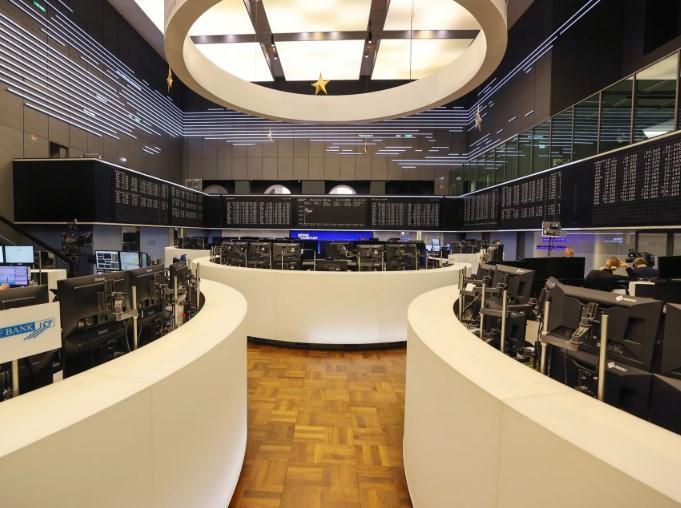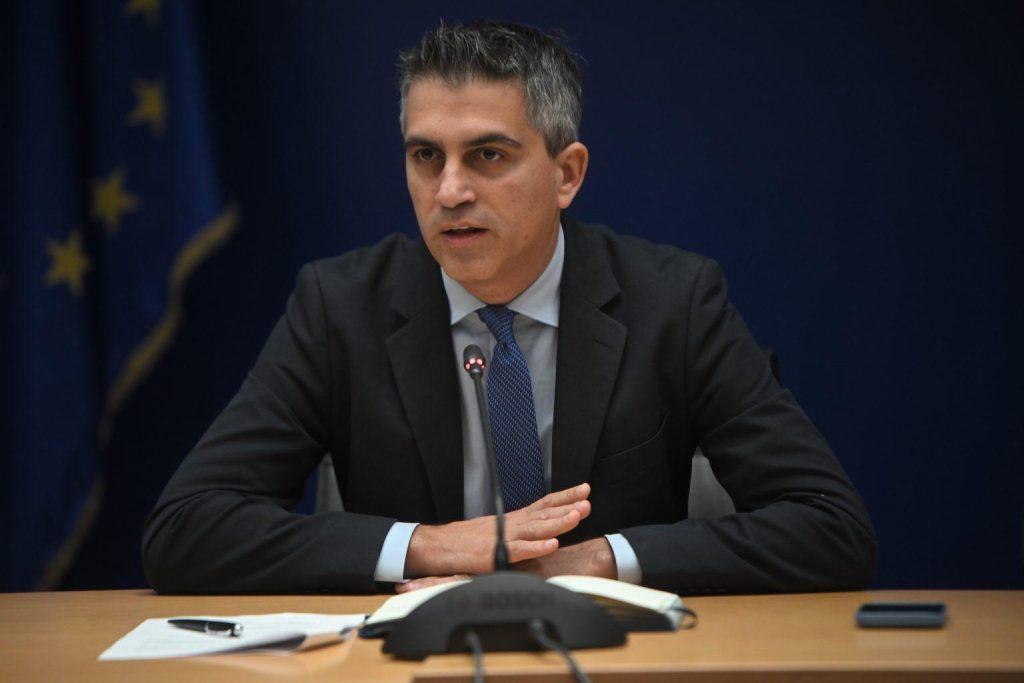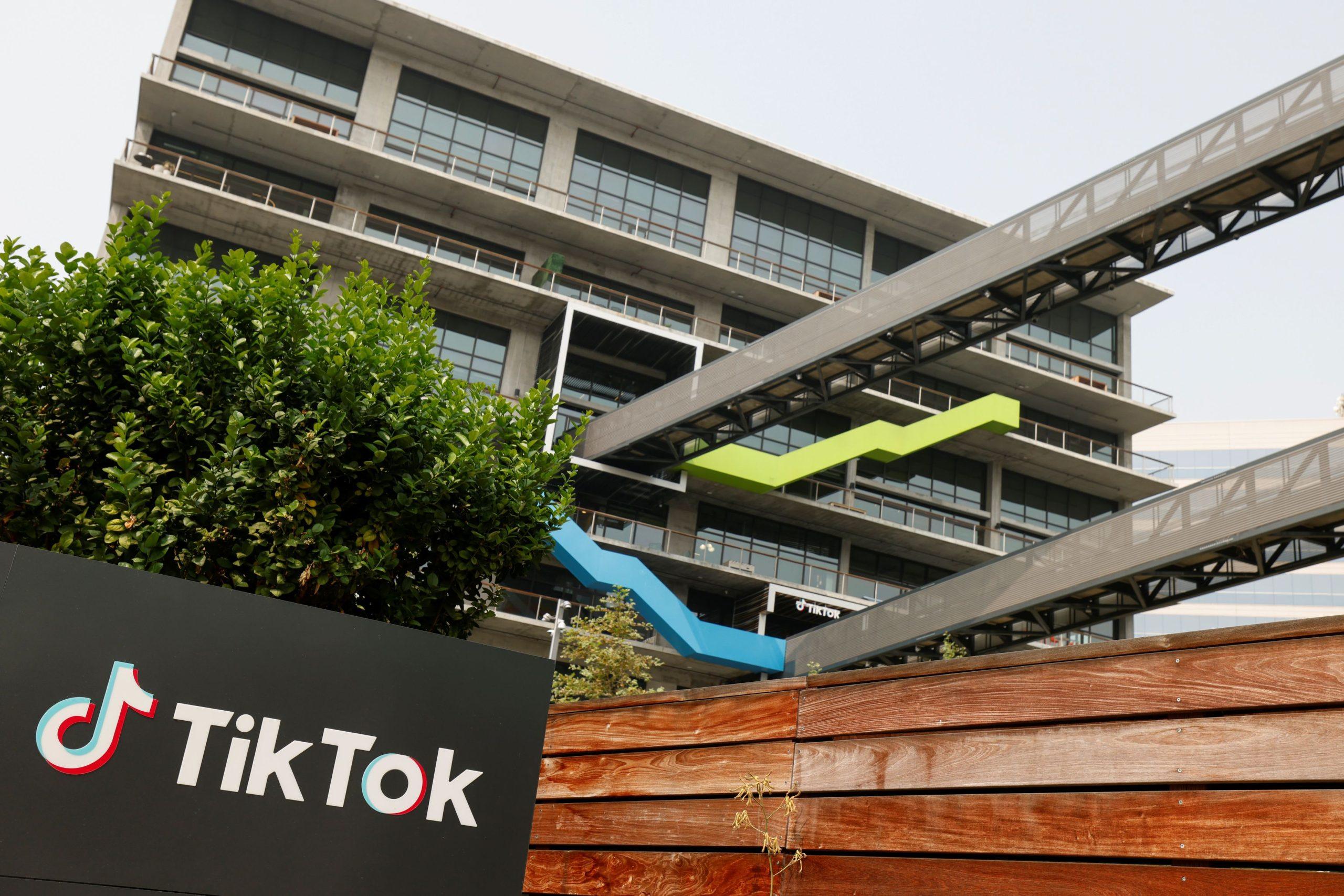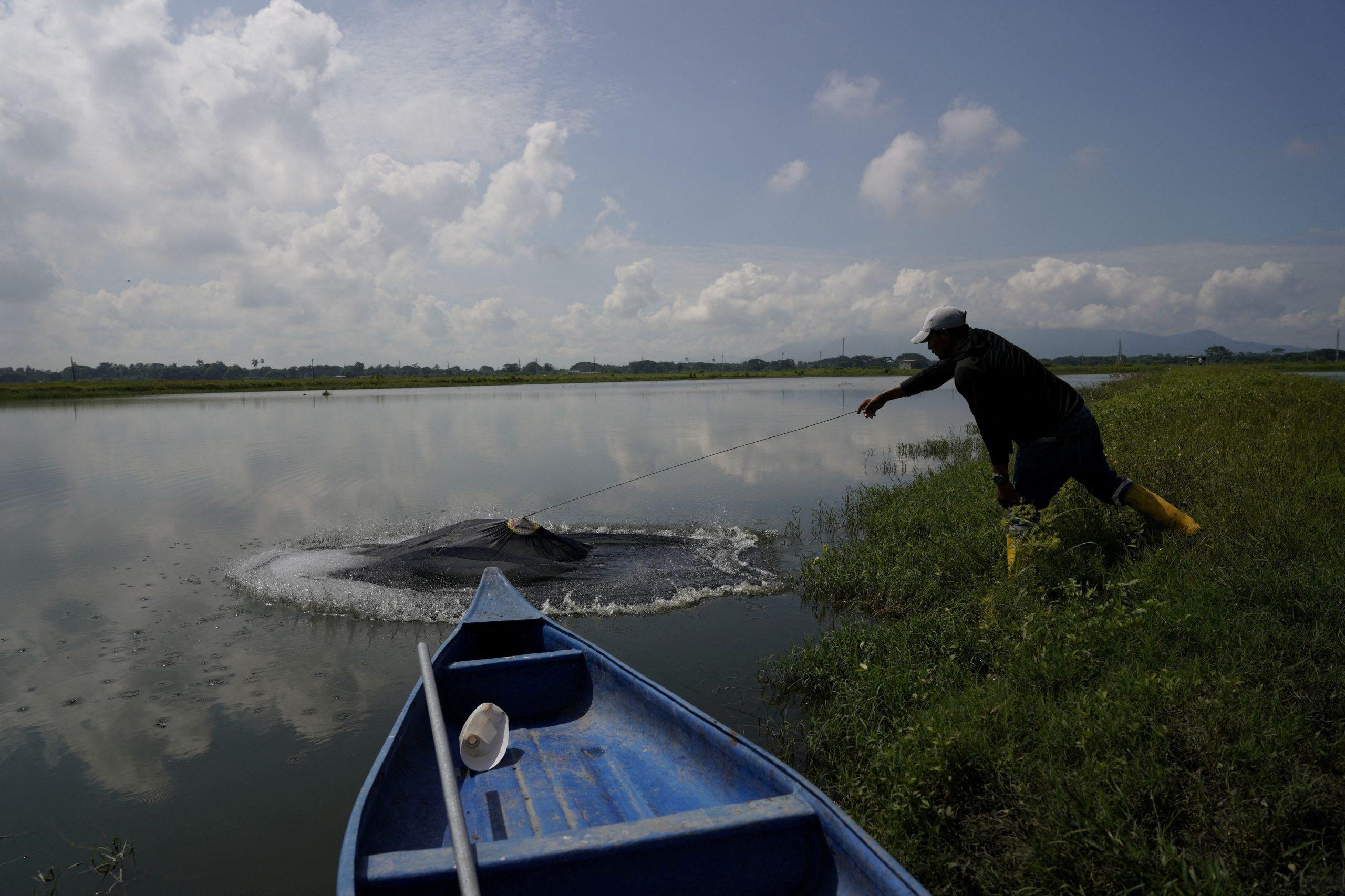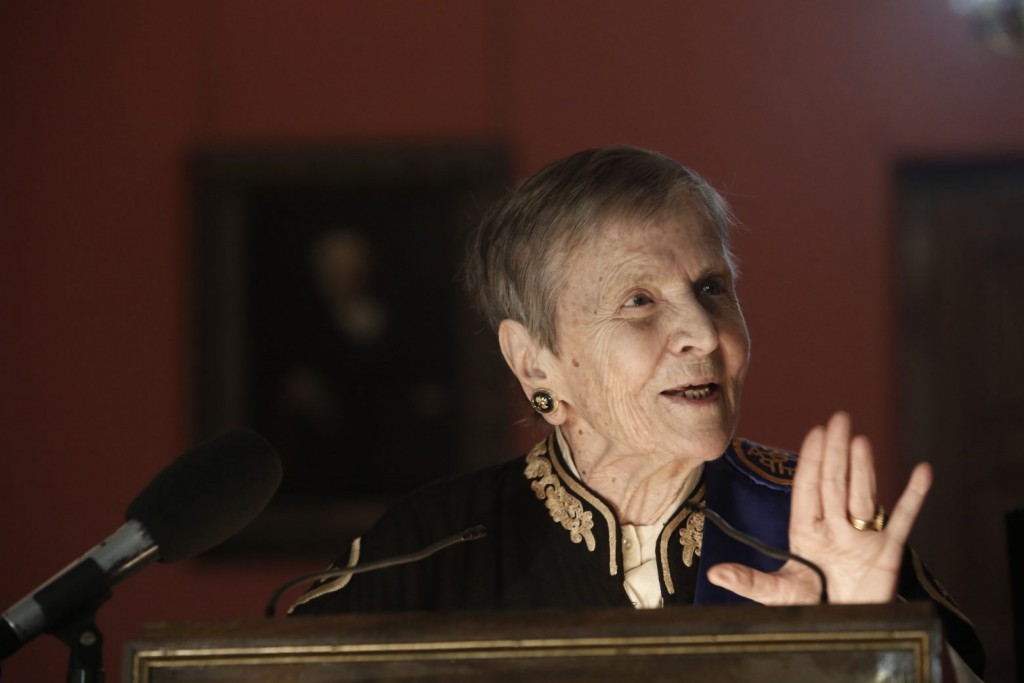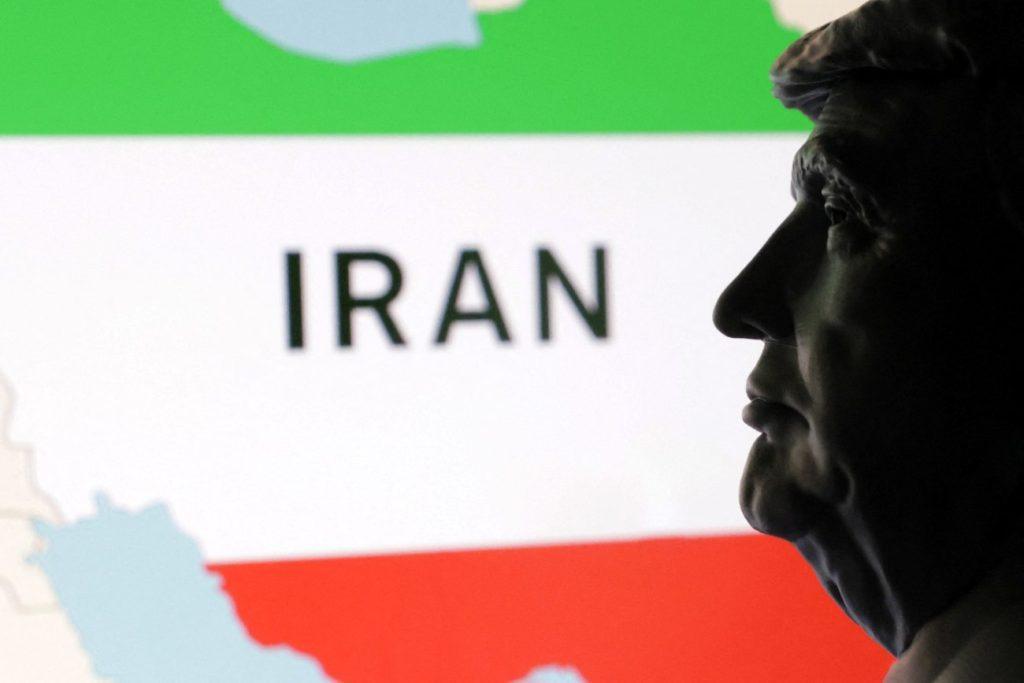One in four women and over four in ten young people in Greece are considered low-wage earners, meaning they earn €5 an hour or less, according to the latest data from Eurostat.
Greece ranks among the EU countries with the highest proportion of low-paid workers. Specifically, 21.7% of workers earn two-thirds or less of the median gross hourly wage—placing Greece fourth after Bulgaria, Romania, and Latvia. The EU average is 14.7%, while in the Eurozone it’s slightly lower at 14.3%.
While wage inequality is a concern across Europe, Greece is moving in the opposite direction of the EU trend. Since 2006, the percentage of low-wage workers in Greece has been rising. It dropped to 12.8% in 2010, but by 2014—at the height of the financial crisis—it had climbed to 21.7%, where it remains today (up from 19.65% in 2022).
By contrast, countries like Portugal (1.77%), Sweden (4%), Iceland (4.4%), and Finland (6.5%) report the lowest levels of low-paid workers. In several other countries—including Norway, Italy, Slovenia, Switzerland, France, and Denmark—less than 10% of workers fall into the low-wage category.
Greece’s Median Wage Half the Eurozone’s
Eurostat data (last updated in 2022) shows that the median gross hourly wage in Greece is around €8—half the Eurozone average of €16.15. In Greece, low-wage earners make under €5.3/hour. For comparison, low-wage workers in Germany earn around €12/hour, and in Switzerland over €25/hour.
Women and Youth Hit Hardest
Women and young people are the most underpaid demographics. In the EU, 18.2% of women are low-paid compared to 12.5% of men. In Greece, nearly one in four women (23.4%) earn €5/hour or less—placing the country on par with Bulgaria.
When it comes to young workers under 30, Greece fares even worse. While the EU average is 25.1%, a staggering 43% of young Greeks are low-paid—the second-worst rate in Europe, behind Belgium. However, Belgium’s median hourly wage is nearly three times higher than Greece’s.
Tourism Sector Leads in Low Wages
Greece’s tourism sector is the top contributor to low wages. According to Eurostat, 35.1% of those working in accommodation and food services earn two-thirds or less of the median wage. This sector employs about 750,000 people in Greece.
The second-lowest paid sector is administrative and support services, including outsourced and contract workers, where 32% are low-wage earners.
Contract Type and Education Matter
Wage levels are strongly influenced by the type of employment contract and education. Among workers with temporary contracts, 27.2% are low-paid, compared to 12.6% with permanent contracts. Additionally, 28% of workers with low educational attainment are low-paid, compared to just 4.8% of those with higher education and 17.5% with a medium level of education.
A Persistent and Growing Gap
Greece not only has one of the highest rates of low-wage earners but also one of the lowest average annual adjusted full-time earnings in the EU. The gap with the EU average remains wide—and even wider when adjusted for purchasing power, where Greece falls below Bulgaria, according to 2023 figures.
Source: Tovima.com

